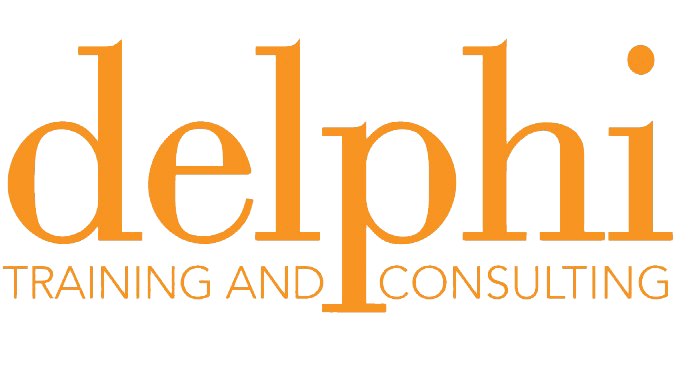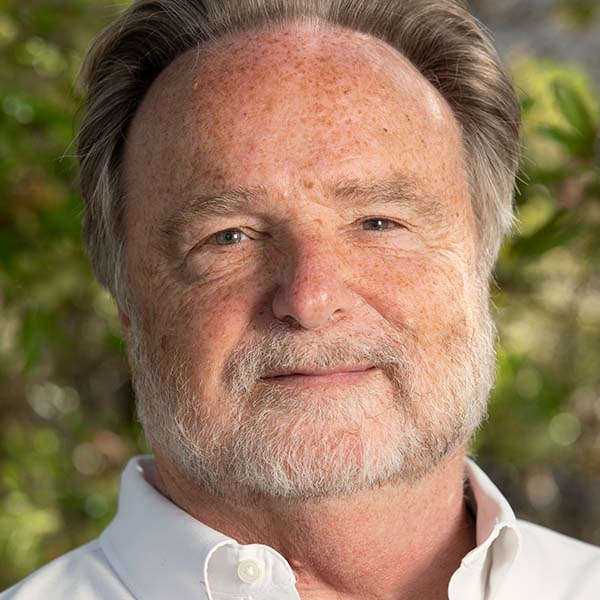
Join our NETWORK
Get all latest news, event updates and access to resources & information.

$255.00 Original price was: $255.00.$235.00Current price is: $235.00.
Some survivors of childhood trauma and early attachment disturbance are easily triggered into self-endangering behaviors that are not only risky for them but also highly distressing for therapists who seek to help them. This workshop examines two of the most problematic of these, each of which is the focus of many therapist consultation requests: self-injury and compulsive sexual behavior. A concrete, compassionate, in-depth approach to these behaviors is offered and specific interventions are detailed, including trigger management, meta-cognitive awareness, harm reduction, relational processing of implicit attachment and abuse memories, and emotional regulation skills development.
In Part One we consider the many reasons and motives for self-injury, triggers that occur within and outside of the therapy session that can result in self harm, ways to manage the therapeutic relationship so that self-injury is acknowledged but not reinforced, and suggestions for addressing therapist’s understandable countertransferential feelings, including fears of inadequacy, responsibility, and, potentially, liability.
In Part Two the trauma/attachment basis for compulsive sexual behavior will be outlined, and a nonstigmatizing, compassionate treatment approach presented. Among the topics in this section are processing shame issues, dealing with sexualized responses to the therapist, and harm reduction interventions to reduce risk of sexually transmitted infections (including HIV/AIDS) and the possibility of sexual revictimization arising from indiscriminate partner choice.
Attendees will be able to:

John Briere, Ph.D., is Professor Emerit of Psychiatry and the Behavioral Sciences at the University of Southern California Keck School of Medicine, and Senior Advisor to the USC Adolescent Trauma Training Center. A past president of the International Society for Traumatic Stress Studies, he is recipient of the Award for Outstanding Contributions to the Science of Trauma Psychology from the American Psychological Association and the William N. Friedrich Lecturer: Outstanding Contribution to the Field of Child Psychology from the Mayo Clinic. He is author or co-author of over 140 articles and chapters, 15 books, and 9 trauma-related psychological tests.
A long-time student of Buddhist psychology, Dr. Briere is co-editor of the book Mindfulness-Oriented Interventions for Trauma: Integrating Contemplative Practices and author of several chapters, including Mindfulness, Insight & Trauma Therapy and When People Do Bad Things: Evil, Suffering & Dependent Origination. He has been Remote Program Faculty at the Institute for Meditation and Psychotherapy since 2013. His 2019 book with Guilford Press is Treating risky and compulsive behavior in trauma survivors.
His website address is johnbriere.com.
John has presented ten workshops for Delphi between 1996 – 2022. His 2020 and 2022 webinars are available On-Demand.

Get all latest news, event updates and access to resources & information.
Fill in the form below to generate your student account, if you already have an account please contact Delpi Training & Consulting directly